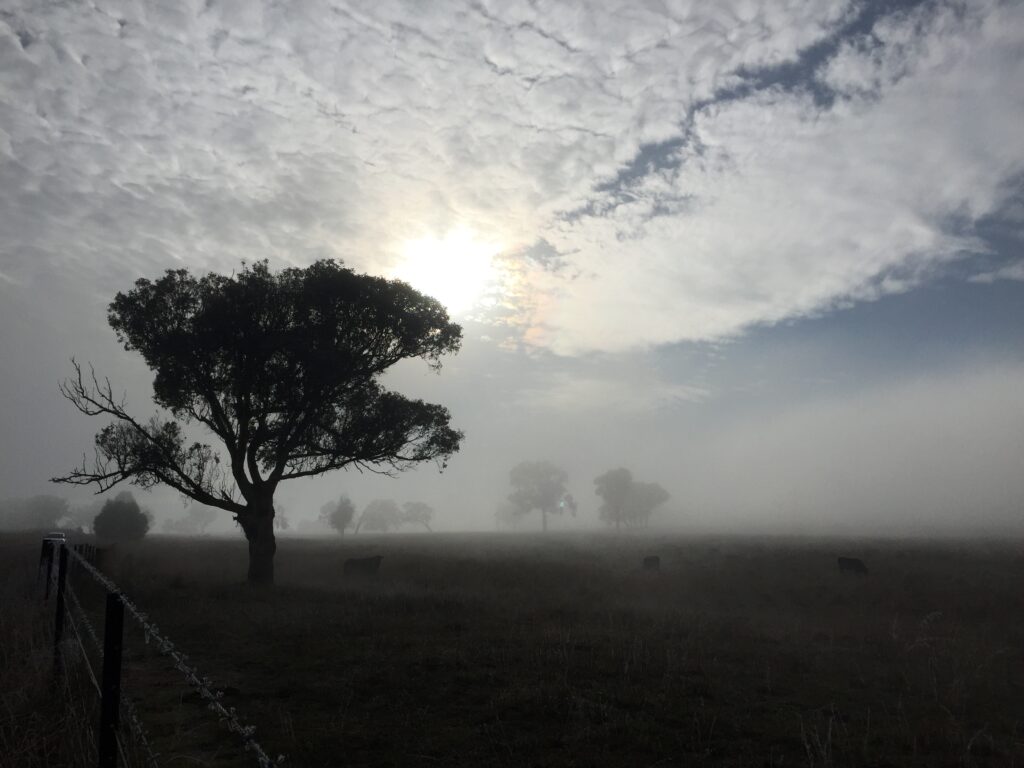A reflection on John 1:10-18 for Sunday, January 3, 2020

He was in the world, and the world came into being through him; yet the world did not know him. He came to what was his own, and his own people did not accept him. But to all who received him, who believed in his name, he gave power to become children of God, who were born, not of blood or of the will of the flesh or of the will of man, but of God.
And the Word became flesh and lived among us, and we have seen his glory, the glory as of a father’s only son, full of grace and truth. (John testified to him and cried out, ‘This was he of whom I said, “He who comes after me ranks ahead of me because he was before me.”’) From his fullness we have all received, grace upon grace. The law indeed was given through Moses; grace and truth came through Jesus Christ. No one has ever seen God. It is God the only Son, who is close to the Father’s heart, who has made him known.
John 1:10-18 (NRSVA)
Make no mistake, John opens his Gospel with an account of the incarnation. You are reading, here, the story of Christmas.
To be sure, there are no shepherds. There are no wise men. The stable and manger seem strangely absent.
John’s cosmic perspective seems strange after our celebration of such specifics. He begins with an acknowledgment of the world’s rejection – and an account of all things coming into being through this one.
It does not – at least initially – sound like the same vulnerable child Matthew and Luke celebrate.
It is, however.
Here the specific and exemplary faith of the magi and shepherds is celebrated as an invitation to all. This is not different. Rather it is simply bigger. The same invitation offered to them, in the words of John, is offered to ‘all who believed in his name’.
Of course, such a broad invitation does not make it impersonal. Although John opens with a big brush – he very quickly assures us that his will be an intensely personal account. In his words, this is an account of one who ‘lived among us’ and whose ‘glory’, ‘grace’, and ‘truth’ were ‘seen’.
Clearly, this is what John witnessed.
In is his account of the world-creating Word broke into our world leaving a hole between heaven and earth. A hole revealed in every healing, teaching, and action undertaken by the one they came to call Messiah.
Yes, here is a Christmas story. This is an account of the incarnation – of the in-fleshment – of the one who spoke into nothing and created all that we know!
Conversation Starters:
What are the elements of the Christmas story that you consider essential to its telling?
What impact does it have to start the narrative of the Gospel from creation? What fresh perspective does this offer you?